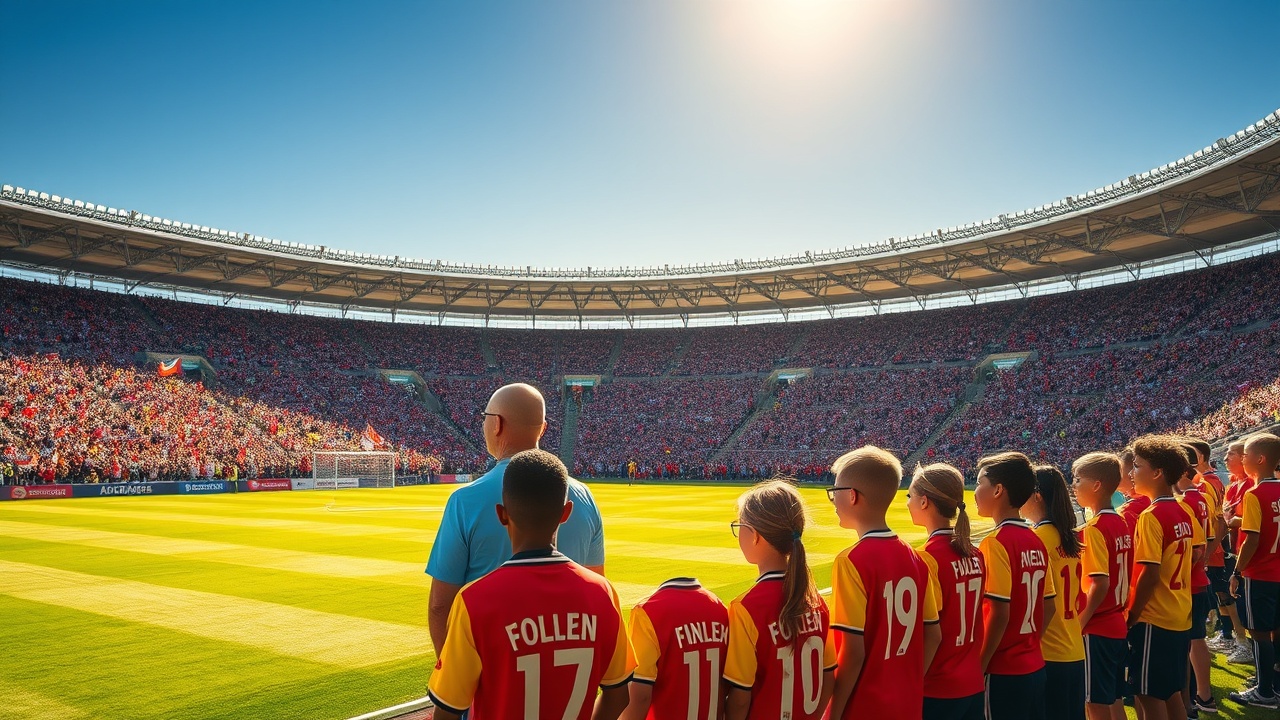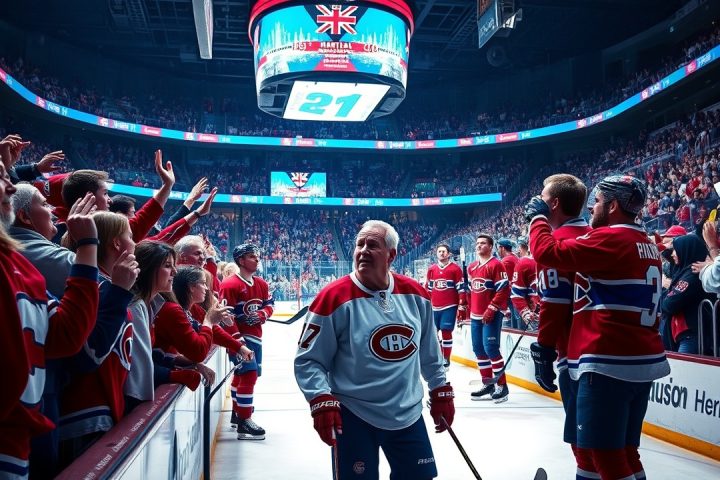The NHL Draft System: A Call for Change
The adage “If it ain’t broke, don’t fix it” seems to not apply to hockey, particularly when speaking about the NHL draft system. Historically, the NHL operated with a centralized draft format that functioned smoothly. However, a shift to decentralization revealed numerous flaws, prompting discussions about reverting to the previous system.
Experiences from the 2023 Draft
My understanding of the desire for change stems from my experience during the chaotic 2023 draft in Nashville, which was marred by weather interruptions, resulting in numerous travel delays and cancellations. Executives, scouts, agents, players, and media alike were trapped in the airport, scrambling to find alternative accommodations amidst growing tension as the clock ticked closer to July 1. The awkwardness of conducting business in such an environment highlighted significant logistical issues that have plagued the current decentralized draft format.
Frustrations and Logistical Challenges
Many stakeholders expressed frustration over the limited table space at the draft venue and the ever-expanding number of attendees who felt excluded from the process. There is also a clear preference among these professionals for the confidentiality and comfort of private conference rooms over the densely packed, high-pressure atmosphere of the draft floor, which often feels like an extreme undertaking for team executives.
Highlights and Drawbacks of Recent Drafts
Reflecting on the recent draft at the Peacock Theater in Los Angeles, there were indeed some commendable moments—the impactful lighting, and an emotional introduction for player Matthew Schaefer being two highlights. The media logistics, unusual for such events, appeared well-organized this time, even offering unexpectedly efficient Wi-Fi, likely due to a smaller press turnout. Still, as the event progressed, several significant drawbacks became evident.
The so-called Draft House quickly descended into technical chaos, hampering the broadcast with issues like lagging connections and audio echoes, ultimately causing noticeable frustration for players and executives alike.
Some players were left awkwardly responding to malfunctioning screens, showcasing the extensive challenges related to managing simultaneous broadcasting from multiple locations.
Community Engagement and Atmosphere
Outside the venue at L.A. Live, the atmosphere starkly contrasted with past drafts from cities like Vancouver and Nashville, where the spirit of the event infused local bars and restaurants with excitement. The previous success of the draft in these cities demonstrated how a centralized approach fosters community engagement and celebrates the sport.
Comparisons with Other Leagues
When the NHL attempts to mirror the spectacle of other leagues, such as the NBA’s All-Star weekend, it often fails to resonate similarly with hockey fans. The attempt to include a player from each team in all events has diluted the exclusive thrill of being recognized for a standout performance, transforming what should be highlights into mere afterthoughts.
The Unique Charm of the NHL Draft
However, the NHL draft has always held a unique charm, offering fans a glimpse into the typically guarded world of team executives as they make important decisions. The shift to a decentralized format has diluted that experience. Reports suggest that some form of centralization could be revisited, potentially in major metropolitan areas that could accommodate travel logistics more efficiently.
Conclusion: Prioritizing Fan Engagement
Ultimately, the critical question remains: what serves the best interest of the league and its fans? While the NHL might argue that the complexities of logistics dictate their choices, the challenge often lies in balancing financial practicality against the refreshing, dynamic nature of an engaging draft experience. For many fans, the current setup leaves much to be desired, and it raises ongoing frustrations about the direction of the league in comparison to its larger counterparts. Until the NHL prioritizes fan engagement and authentic experiences, it risks being perceived as less significant in the sporting world.




